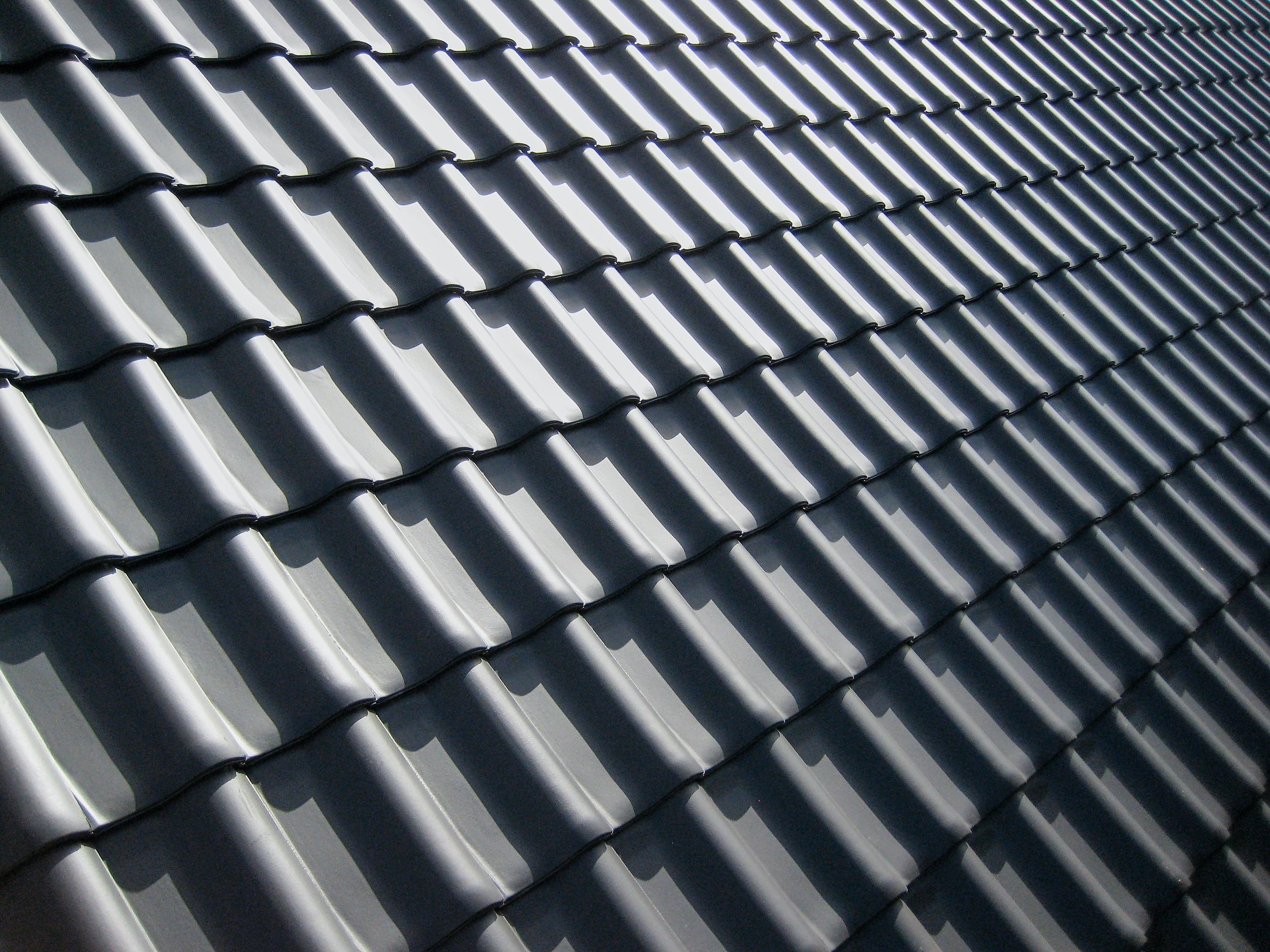
Commercial Expertise
-
EPDM Roofing
EPDM (ethylene propylene diene terpolymer) roofing is a popular choice for flat and low-slope roofs due to its durability, flexibility, and cost-effectiveness. EPDM roofing membranes are made from synthetic rubber, typically derived from oil and natural gas. These membranes are available in various thicknesses and can be installed in large, seamless sheets, minimizing the risk of leaks and simplifying maintenance.
EPDM roofing is known for its resistance to UV radiation, ozone, and extreme temperatures, making it suitable for a wide range of climates. It can withstand expansion and contraction without cracking or splitting, ensuring long-term performance and reducing the need for frequent repairs. Additionally, EPDM roofing is lightweight, which reduces the structural load on buildings and simplifies installation.
One of the key advantages of EPDM roofing is its low lifecycle cost. With proper installation and maintenance, EPDM roofs can last upwards of 30 years or more. They require minimal upkeep and can be easily repaired if damaged, further enhancing their cost-effectiveness over time.
Overall, EPDM roofing offers a reliable, long-lasting solution for flat and low-slope roofs, providing property owners with peace of mind and protection against the elements. -
TPO Roofing
TPO (Thermoplastic Polyolefin) roofing is a popular choice for commercial and industrial buildings due to its durability, energy efficiency, and ease of installation. TPO roofing membranes are composed of a blend of polypropylene and ethylene-propylene rubber, reinforced with polyester or fiberglass for added strength.
TPO roofing is known for its white reflective surface, which helps to reduce heat absorption and lower cooling costs, making it an environmentally friendly option. Its heat-welded seams provide superior strength and resistance to leaks, ensuring long-term performance even in harsh weather conditions.
One of the main advantages of TPO roofing is its versatility. It can be installed in a variety of ways, including fully adhered, mechanically attached, or ballasted, depending on the specific needs of the building. Additionally, TPO membranes are lightweight and flexible, making them easy to handle and install, which can help reduce labor costs and installation time.
TPO roofing is also highly resistant to chemicals, punctures, and tears, making it a low-maintenance option for commercial and industrial properties. With proper installation and maintenance, TPO roofs can last 20 years or more, providing property owners with reliable protection and energy savings for years to come.
Request An Inspection

